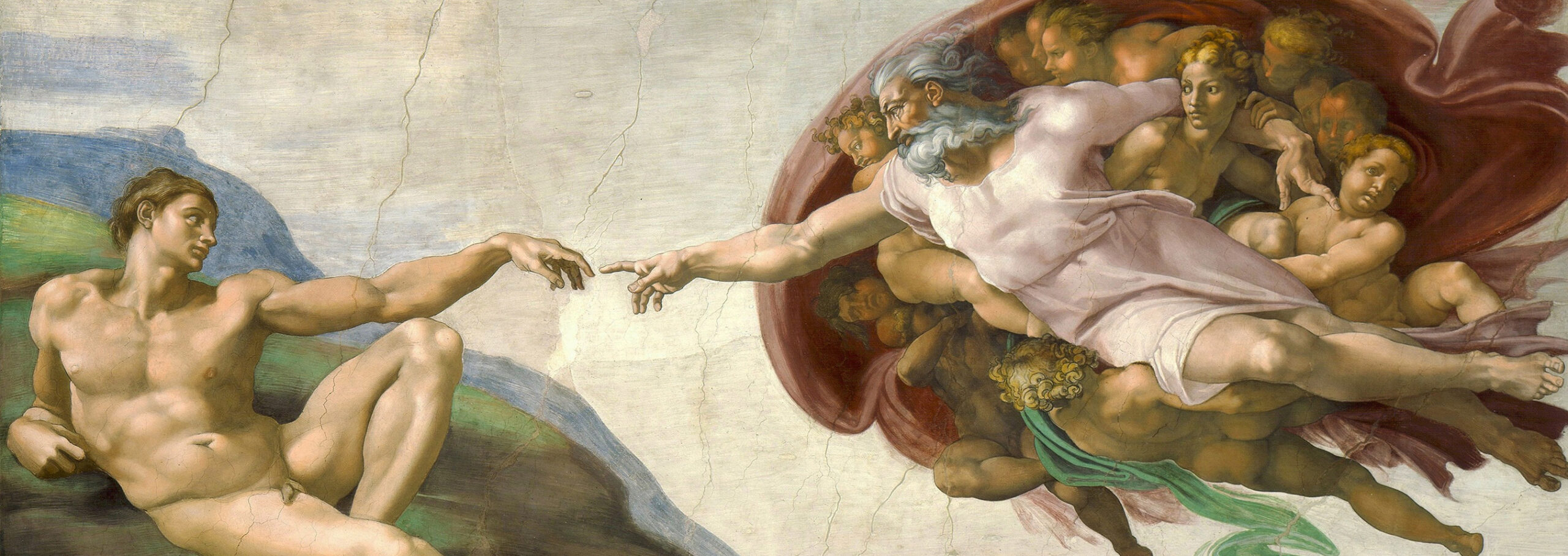
Theology
Have you been yearning to learn more about your Catholic faith, but don't know where to start? TAN courses offer insightful, comprehensive lecture series on the Bible, the early Church, Christ in the Gospels, and even how to improve your spiritual life. You can feel relieved knowing that TAN Courses are 100% faithful to the Magisterium of the Catholic Church.
Explore Courses
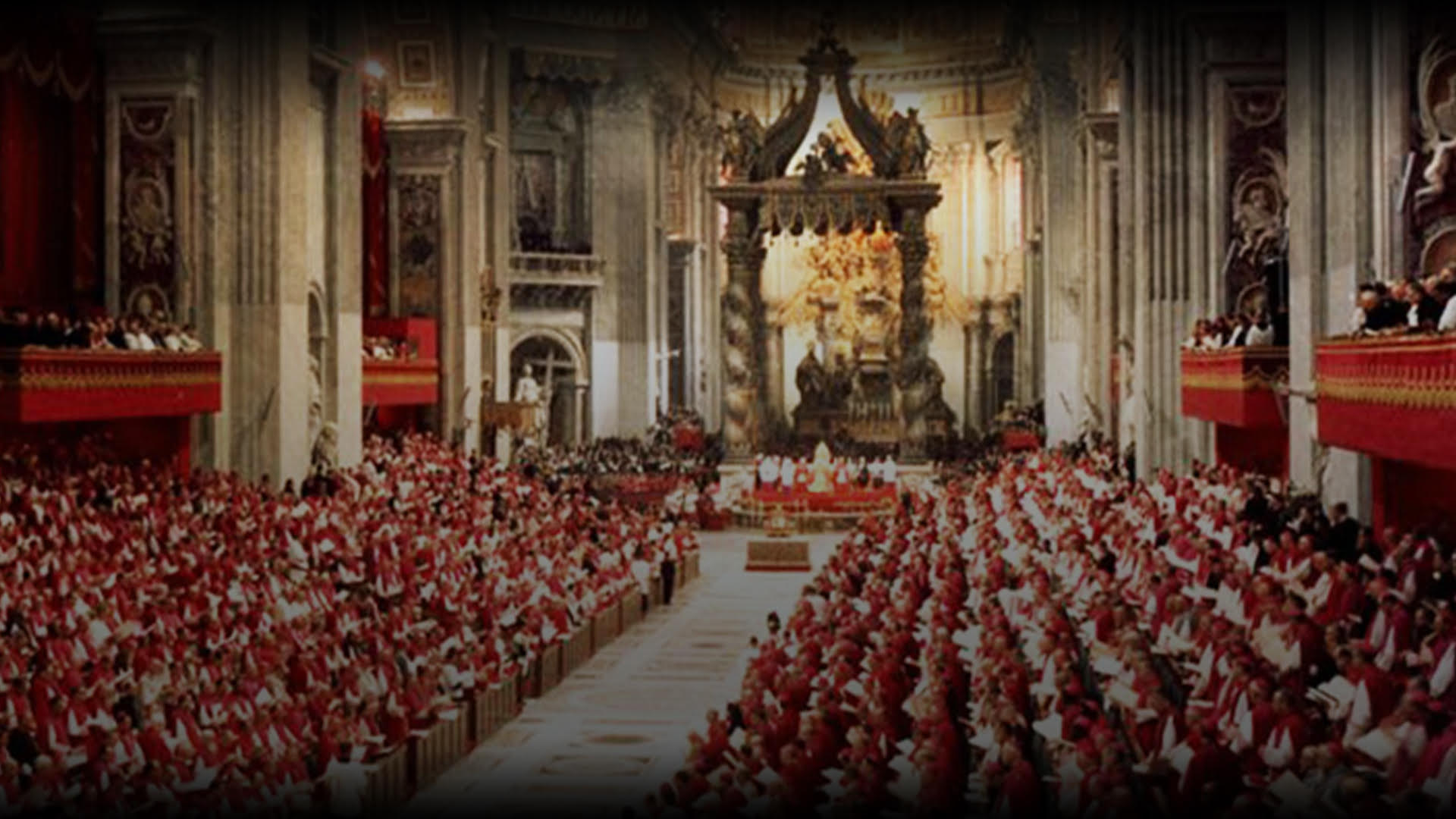
An Introduction to Vatican II: The Council and Its Major Constitutions
Taught by Jem Sullivan, Ph.D.
During the year of faith (2012), Pope Benedict XVI continuously encouraged Catholics to rediscover the riches of the teachings of the Second Vatican Council as a means to strengthen their faith and love for the Church. Through a thorough discussion of key themes, major documents, and historical context, this course hopes to deepen the understanding of the lay faithful as they open themselves up to the development of the Church’s wisdom.
The course will begin by focussing on the reasons which gave rise to Vatican II, it will continue by examining the common misconceptions regarding the council, move on to general principles and themes, and lastly consider the key documents which emerged from the council. Some questions that will be considered: Why study Vatican II? What is the relationship between the Church and the Modern world? How can the Church defend the deposit of faith given the rise of science and the loss of religiosity? What is the essence of the Sacred Liturgy and how can it be most faithfully preserved? Are the ministers of the Church in need of reform? Or is the Church itself simply "outdated"?
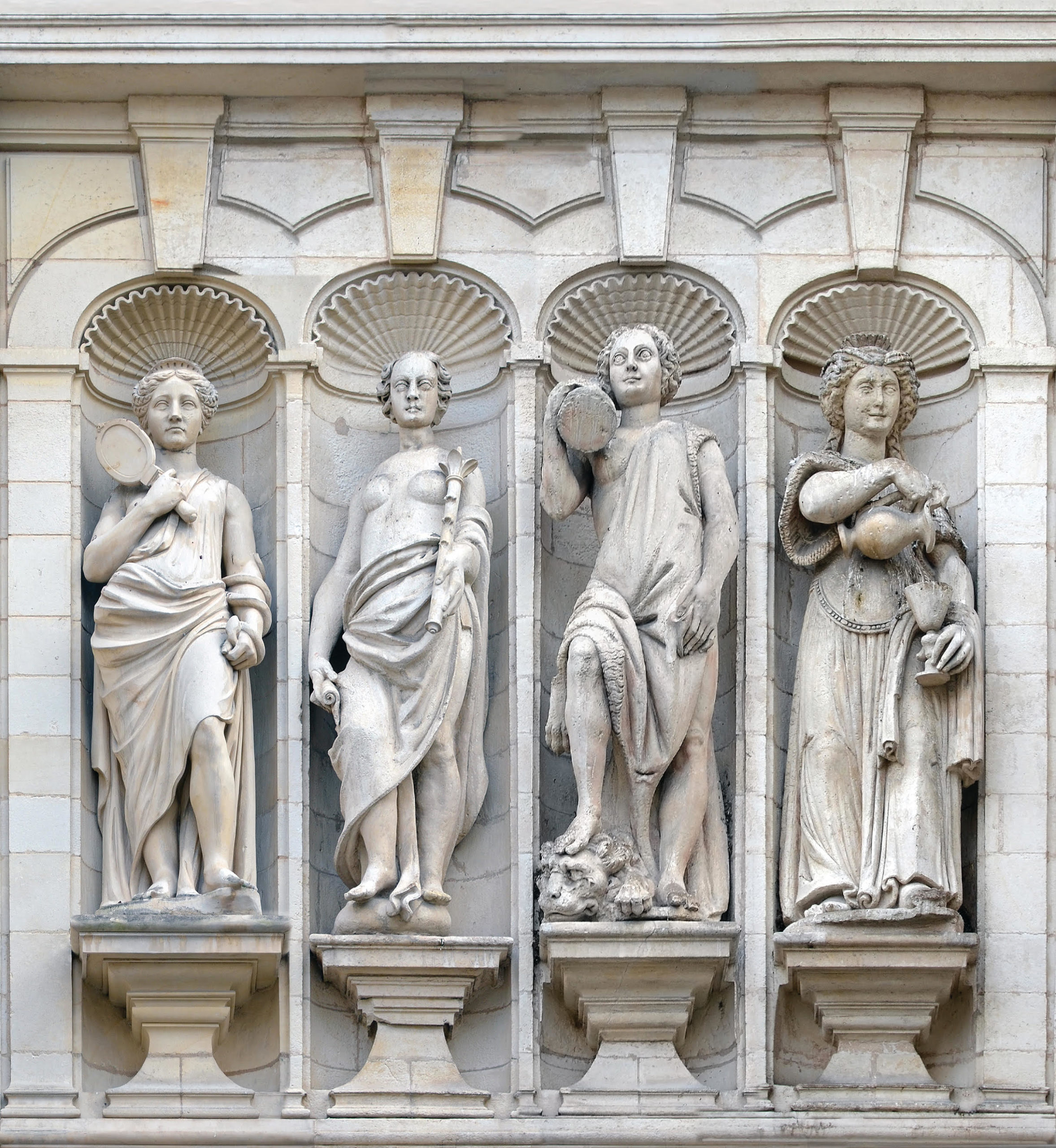
The Cardinal Virtues: Discovering a Morality of Happiness
Taught by William C. Mattison III, Ph.D.
Join Prof. Mattison as he examines the pervasiveness of what the Western Tradition has come to call the “Four Cardinal Virtues.” Prof. Mattison begins with an examination of the common opinions regarding morality. Is morality simply a set or arbitrary rules? Does morality have anything to do with my happiness? Does man need religion in order to be moral?
Both the ancient Greek philosophers and the Catholic tradition affirm that friendship is at the core of human happiness. But Christian happiness surpasses such natural pagan theories in its belief that man can have friendship with God. What does this communion with God look like? What does it mean to possess God? What kinds of actions lead to the possession of the “greatest good”?
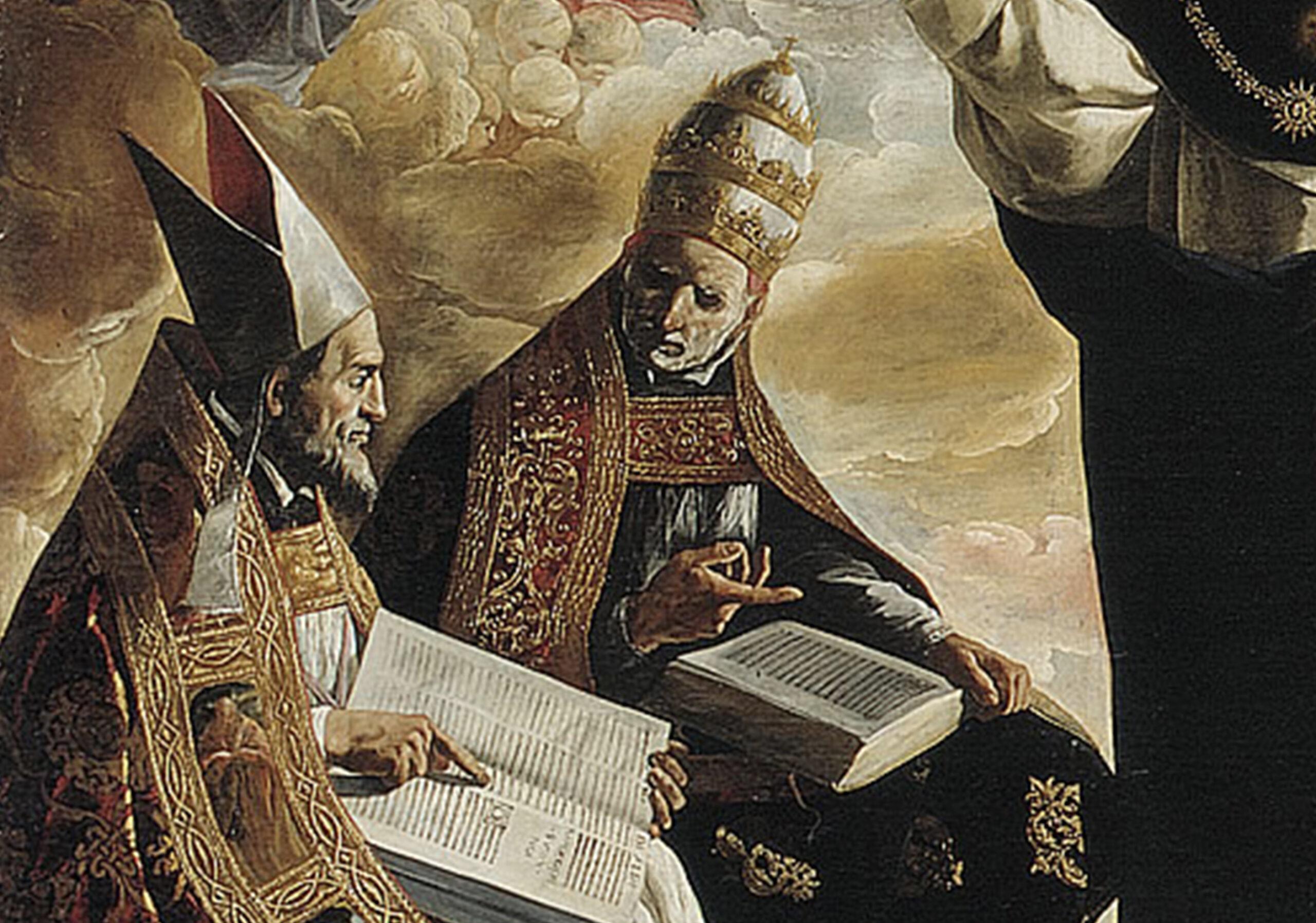
The First 500 Years: The Fathers, Councils, and Doctrines of the Early Church
Taught by Rev. Fr. David Vincent Meconi, S.J.
How can the Fathers of the Church help you answer challenges against the Faith? The Fathers were there from the very beginning of the Church. Their writings and thoughts on doctrine helped shape theology as it developed over the first few centuries of the Church. If you want to know why we believe what we believe, start with the Church Fathers - and that's exactly what Father Meconi does in this course.
This course is more than apologetics - it is a comprehensive look at the formative years of the Catholic Church. Discover where our doctrines about Mary, Jesus Christ, and the Holy Spirit came from. Understand the influence of the great saints Cyril, Pope Leo, and Augustine. Embrace the rich heritage of our religion. Join Father Meconi for this fascinating look at the early days of the Catholic Church.
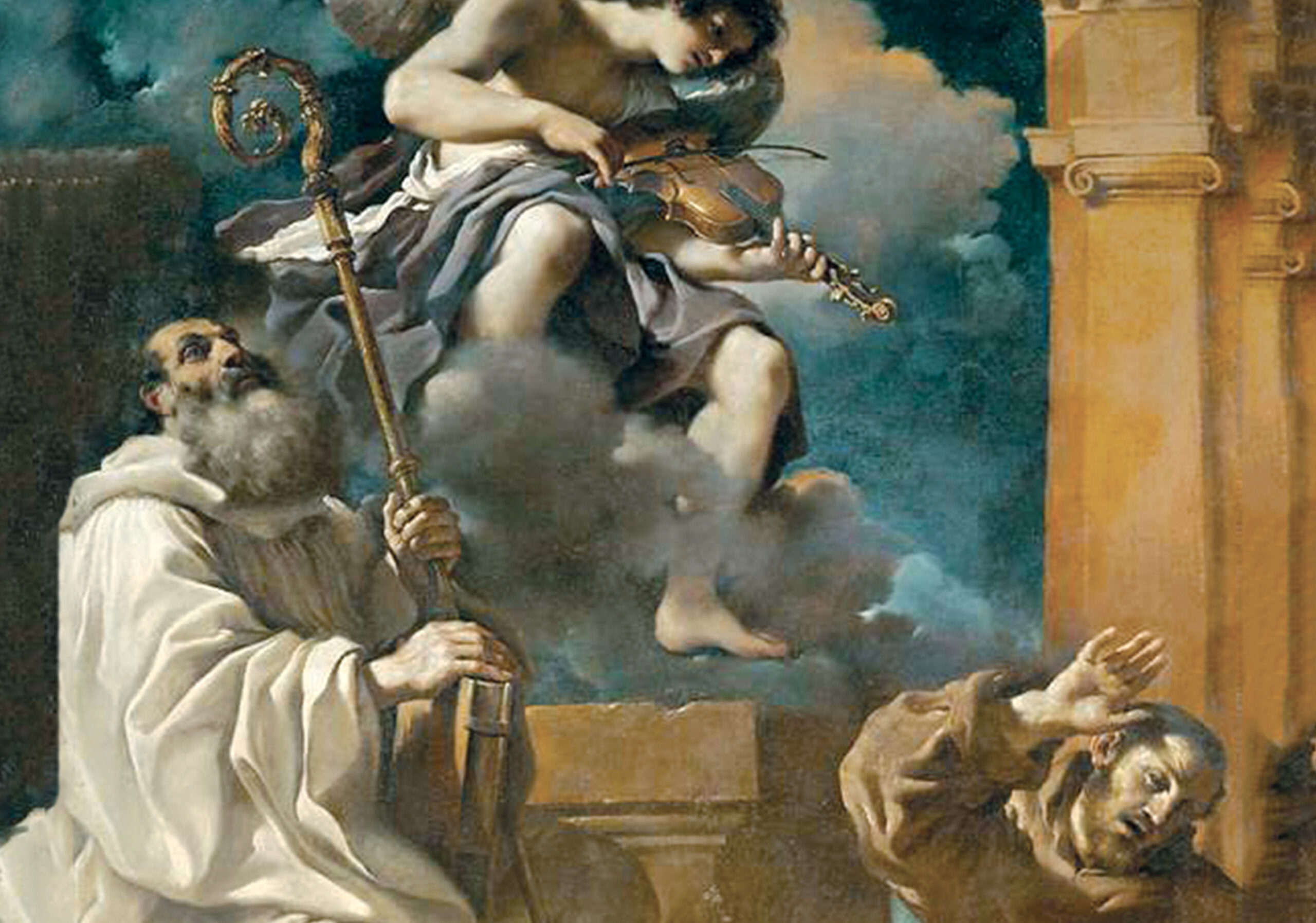
Christian Spirituality: A Historical Study of Prayer, Detachment, and Love of God
Taught by Monica Migliorino Miller, Ph.D.
In addition to the doctrinal and theological history of the Catholic faith, it is essential that we add the history of Christian spirituality - namely, the very way that Christians have made their personal response to the God who reveals Himself to His people through Jesus Christ. This course surveys important spiritual movements, the rich diversity of spiritual insight that has marked the history of Christianity starting from the early Desert Fathers, the founding of the great religious orders, Christian mysticism, 19th and 20th century Catholic spiritual contributions, and more. In taking a look at the history of Christian spirituality in this way, one ultimately comes to a deeper understanding of man’s proper relation to God, and how he ought to respond to God’s love.
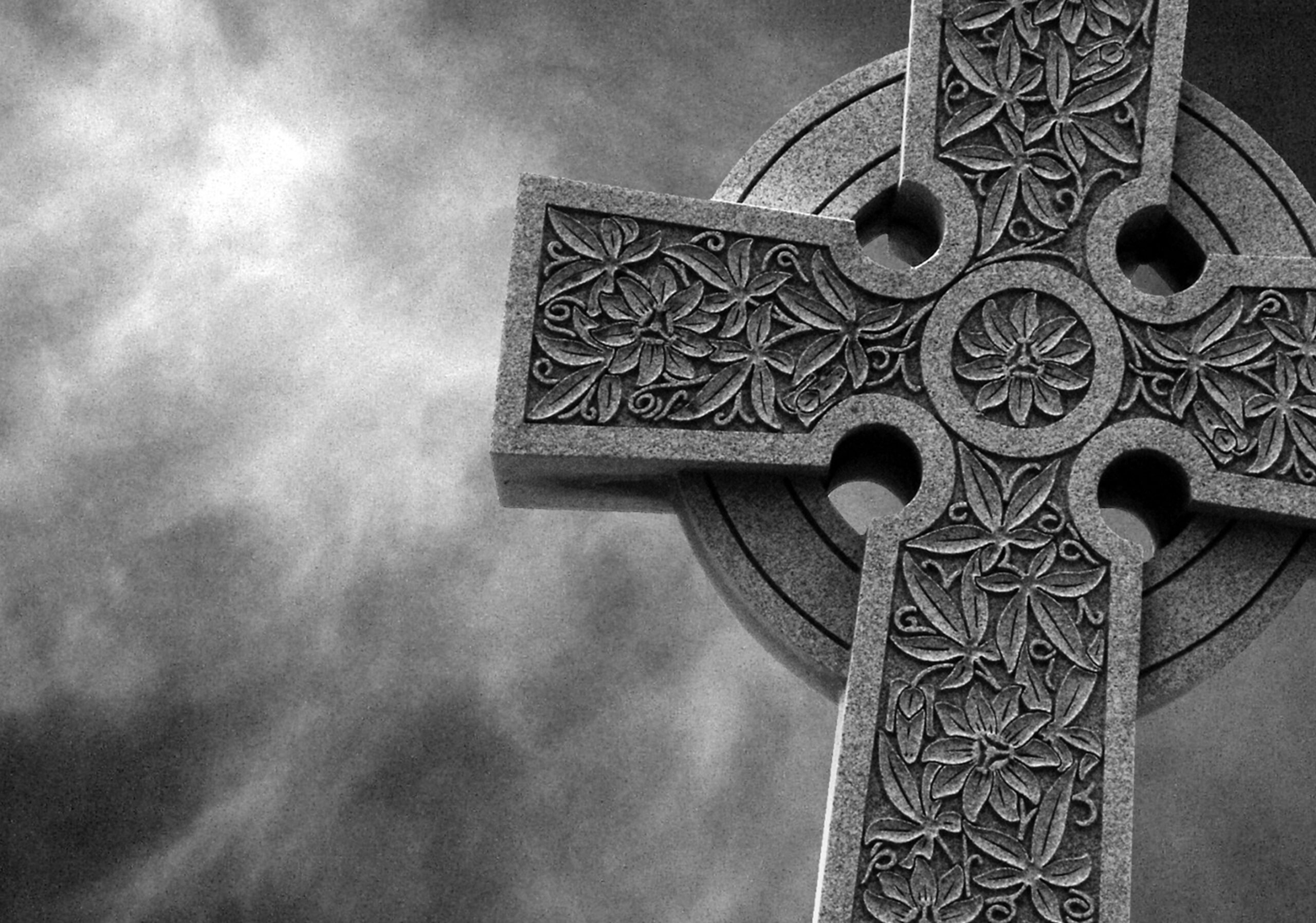
The Four Last Things: Reflections on Death, Judgment, Heaven & Hell
Taught by Regis Martin, S.T.D.
How will we face the end? On whom does our hope finally depend? In short, what are the last things ever to be remembered? These are the questions examined in this course, whose lectures abound with insight and imagery drawn from the rich patrimony of the Church's wisdom and experience.
What can we know from the lives of saints and sages - sinners, too - that will illumine the mysteries surrounding our lives?
Professor Martin identifies the Last Things each of us is destined to face - namely, Death, Judgment, Heaven, and Hell - reviewing them in the context of Christian hope, which is the virtue most necessary to the happy outcome of our journey home to God.
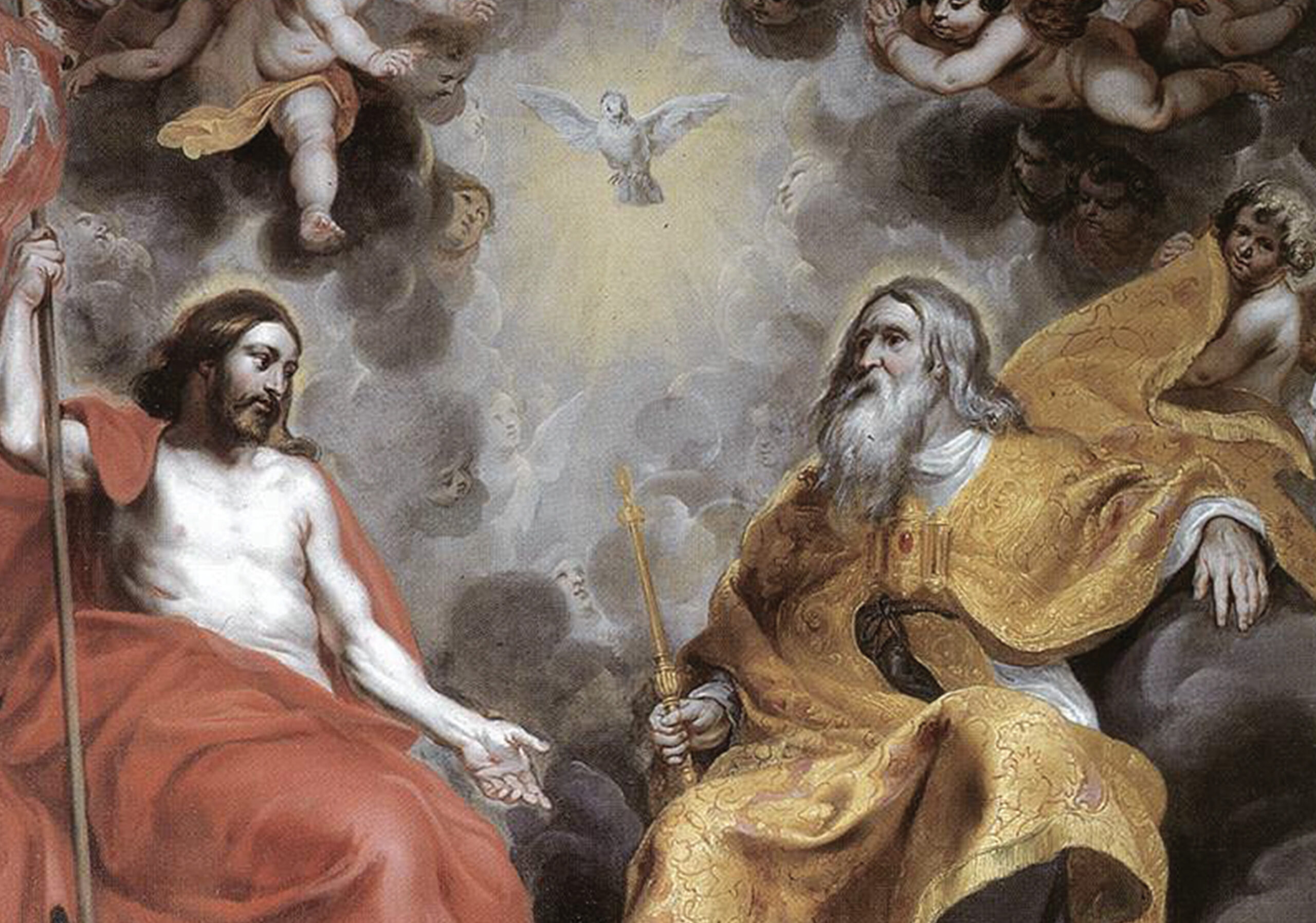
Introduction to Theology: Tradition, Doctrine, and Culture
Taught by Ronald Thomas, Ph. D.
Theology is a science, the “divine science”, that requires intellectual effort to understand the presuppositions, content, and consequences of divine revelation. So, is that opposed to simple faith and humble piety? Not in the least, if the saints are to be trusted. According to some of them—St. Anselm, St. Thomas Aquinas, and St. Augustine, for example—to avoid theological discipline, provided one is capable of undertaking it, would be an abdication of the faith and a falsification of the piety that one practices.
Join Professor Ronald Thomas, then, as he introduces you to the most important study a person can undertake - the study of “the queen of all sciences.”
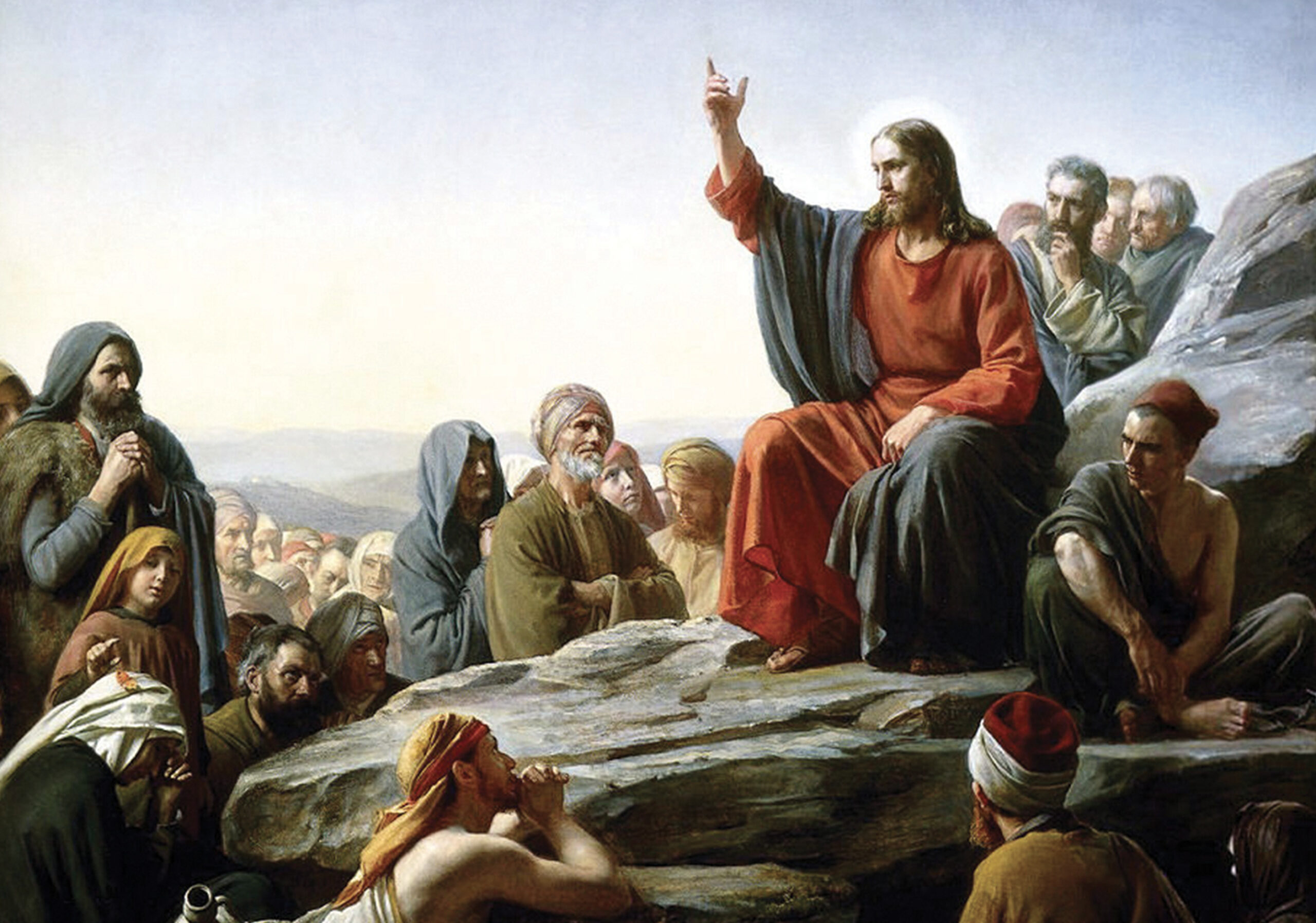
The Spiritual Life: The Keys to Growing Closer to God
Taught by Rev. Fr. Jeffrey Kirby, S.T.D., S.T.L.
What does it mean to be close to God? In this course, Fr. Jeffrey Kirby will guide you through the most basic principles of the Spiritual Life, defining key terms and analyzing specific biblical verses that will greatly aid both newcomers to Christianity and those who have been Christian for years.
Whether one feels like praying or not, Fr. Kirby discusses the importance to do so, addressing the different stages a person may go through throughout the course of his interior, spiritual progress. Using scripture as a basis to teach us how Christ’s life too had moments of suffering and moments of joy, Fr. Kirby expertly shows us how our lives are expected to do the same.
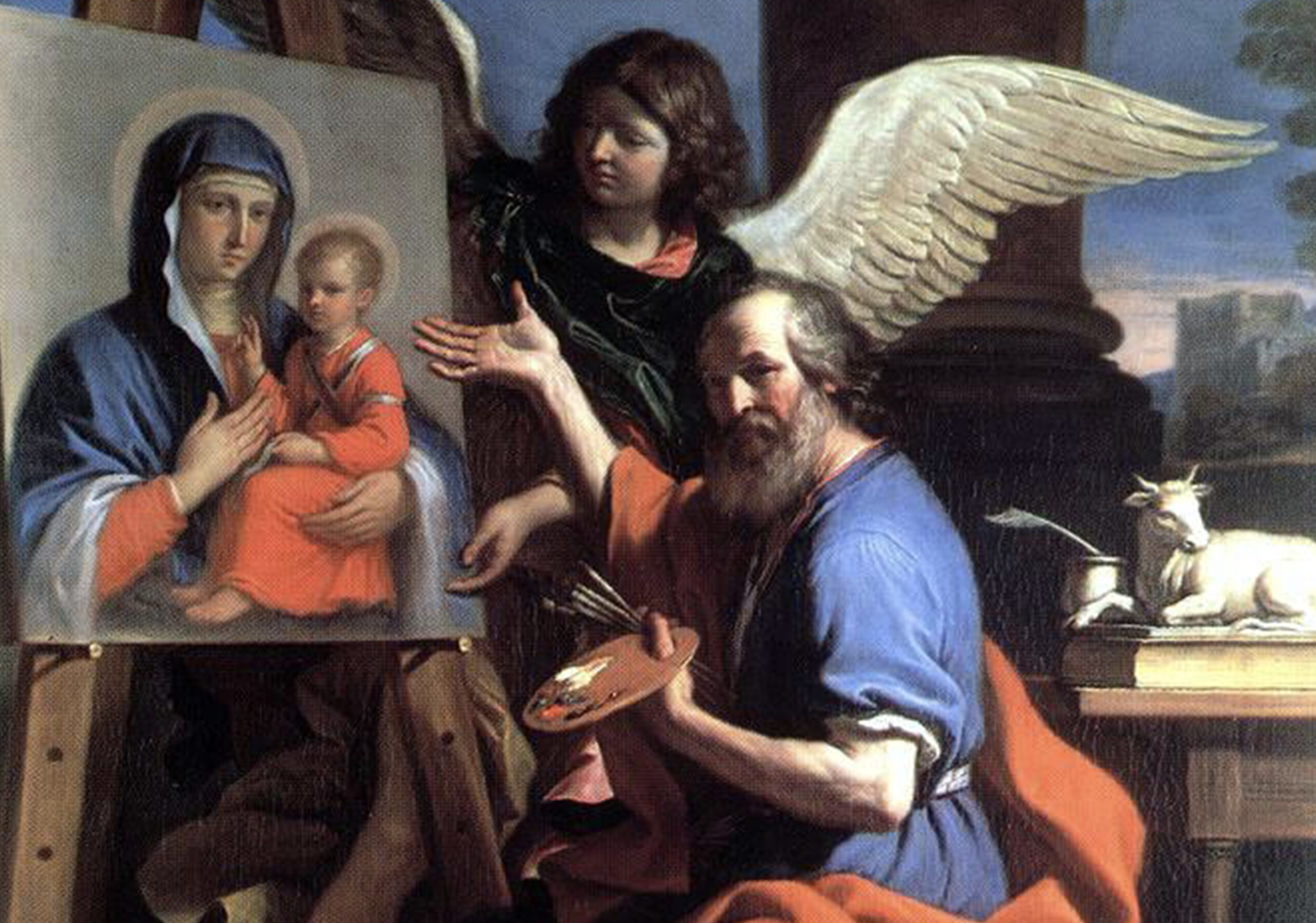
Sacred Art: Spiritual Principles for Faithful Interpretation
Taught by Jem Sullivan, Ph.D.
We all want to truly understand and experience great art - especially religious art. But you need more than just learning to value brush strokes, figure placement, and perspective. As a professor and author, Dr. Jem Sullivan is uniquely qualified to present both the artistic elements of great art and the spiritual dimension inherent in Christian art.
Religious art is rooted in the theological foundation of the Church - the Incarnation. A painting, sculpture, or fresco can speak the language of the Incarnation: the Word of God. Professor Sullivan will teach you how to see that language spoken in art, how to hear it, and how to receive it into your heart. She introduces concrete tools for rediscovering the profound messages of religious art that are too often overlooked.
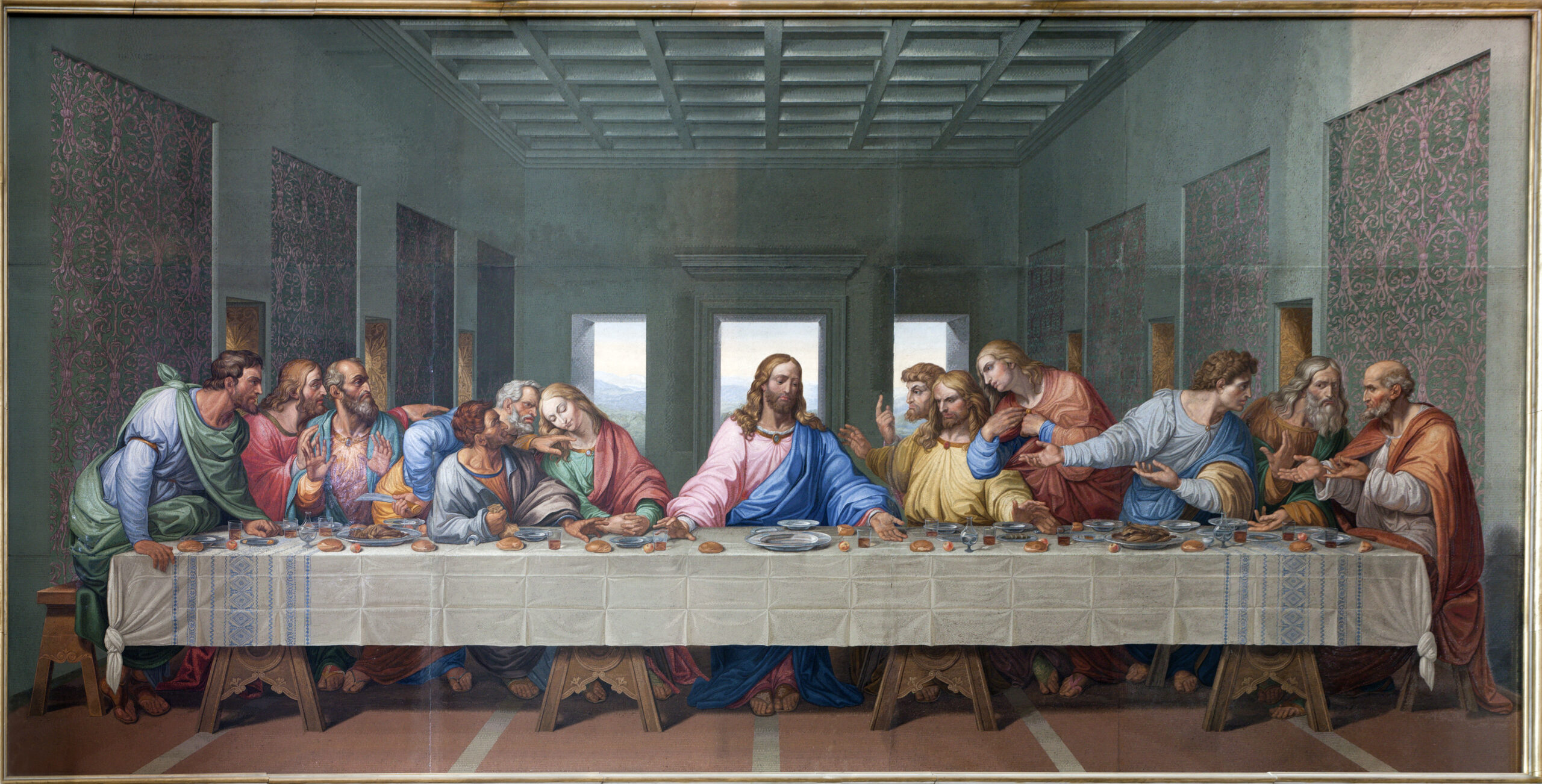
Every TAN Course Includes:
- 30-minute video or audio lectures
- Printable PDF study guide
- Deep theology taught by great minds
- Continued education at your own pace
“The riddles of God are more satisfying than the solutions of man.”
G.K. Chesterton
Your Professors
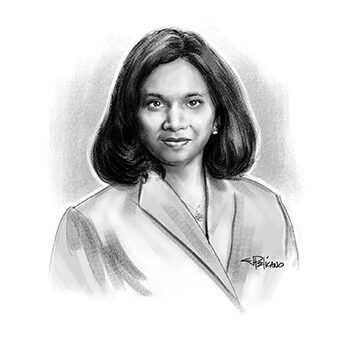
Jem Sullivan, Ph. D.
Dr. Jem Sullivan, wife and mother, educator and author, holds a doctorate from the Catholic University of America. An educator for two decades serving at the elementary, high school, undergraduate and graduate levels, she currently serves in the Education Secretariat of the Archdiocese of Washington.
Jem is the author of three books from Our Sunday Visitor and she writes for a variety of Catholic publications on faith and culture, including art essays in Magnificat and The Catechetical Review.
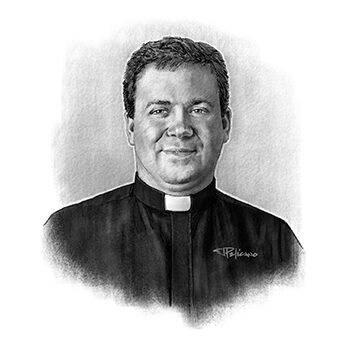
Fr. Jeffery Kirby, S.T.D.
Father Jeffrey Kirby, S.T.D. is a Papal Missionary of Mercy, the Pastor of Our Lady of Grace Parish in Indian Land, South Carolina, an Adjunct Professor of Theology at Belmont Abbey College, a Senior Contributor to the Crux news site, and an author of several books on spiritual, moral, and pastoral subjects.
Father Kirby holds a doctorate in moral theology from the Holy Cross University in Rome and a Bachelor of Arts in History and a Master of Arts in Philosophy from the Franciscan University of Steubenville.
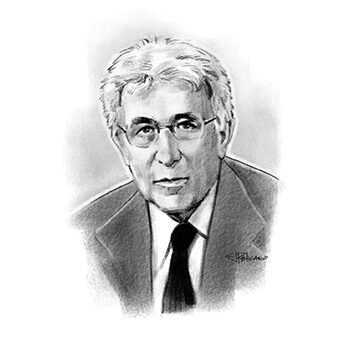
Dr. Regis Martin, S.T.D.
Dr. Regis Martin, S.T.D. has been a professor of dogmatic and systematic theology at Franciscan University of Steubenville, Ohio, since 1988. Dr. Martin received his STD magna cum laude, June 1988, from the Pontifical University of St. Thomas (Angelicum) in Rome.
He has been a theological consultant to religious organizations and dioceses, and written for numerous scholarly publications and popular Catholic magazines and newspapers. He is the author of several books, and countless EWTN viewers know Dr. Martin as a regular panelist on Franciscan University Presents.
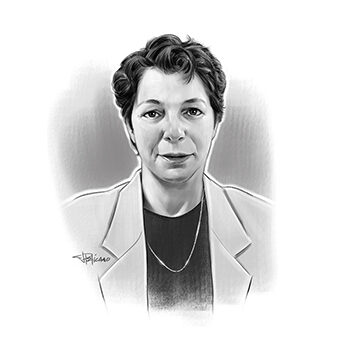
Monica Migliorino Miller, Ph.D.
Monica Migliorino Miller, Ph.D., is the Director of Citizens for a Pro-life Society. She holds a degree in Theatre Arts from Southern Illinois University and graduate degrees in Theology from Loyola University and Marquette University. She is the author of several books including The Theology of the Passion of the Christ (Alba House) and, most recently, The Authority of Women in the Catholic Church (Emmaus Road) and Abandoned: The Untold Story of the Abortion Wars (St. Benedict Press).
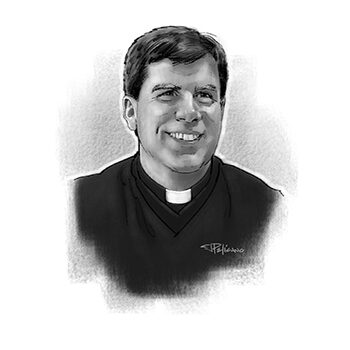
Fr. David Meconi, S.J.
Fr. David Vincent Meconi, S.J., D.Phil., is an Associate Professor of Historical Theology at Saint Louis University, where he directs the new Catholic Studies Centre. Fr. Meconi holds a doctorate in ecclesiastical history from the University of Oxford and a pontifical license in patrology from the University of Innsbruck in Austria.
He serves as the editor of Homiletic and Pastoral Review and has published numerous books and articles on the early Church, including The One Christ: St. Augustine’s Theology of Deification (Catholic University of America, 2013).Fr. Meconi is a fellow of the Augustinian Institute at Villanova University, and he serves on the ecclesiastical board of Boston College.
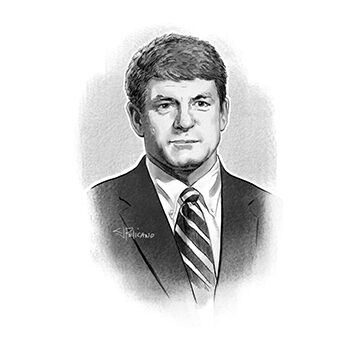
Dr. Ronald Thomas, Jr.
Dr. Ronald Thomas, Jr. is an Associate Professor of Theology at Belmont Abbey College. He holds a Ph.D. from the University of Cambridge, a Master of Divinity degree from Emory University, and a Bachelor's of Arts from the University of Memphis. His areas of research and expertise include dogmatic theology, history of doctrine, and philosophical theology.
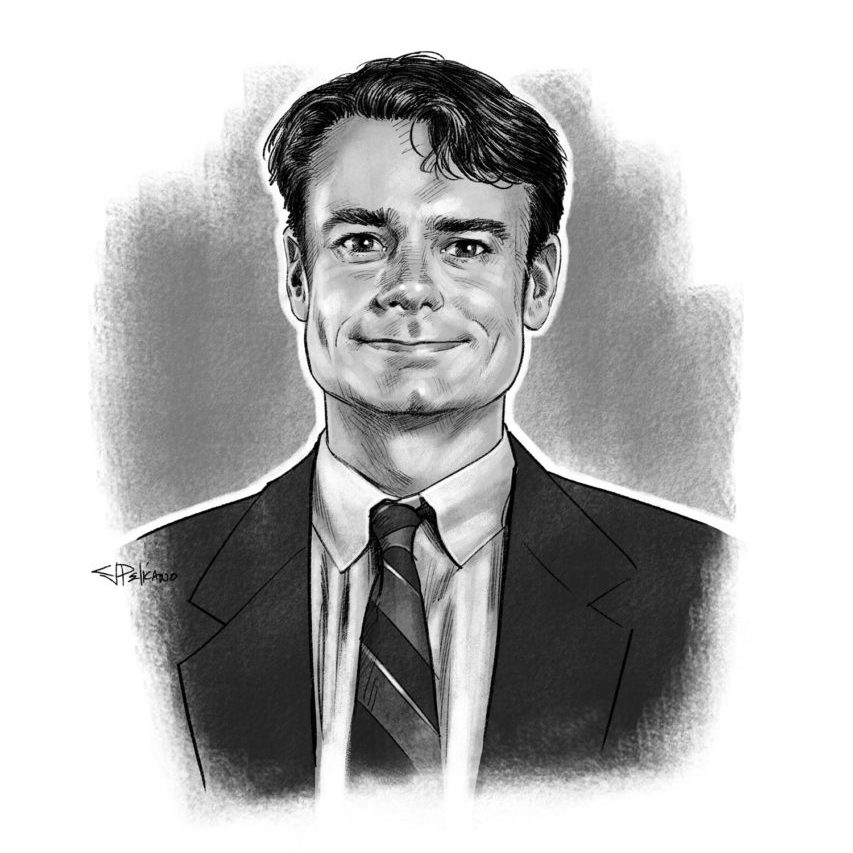
William C. Mattison III, Ph.D.
Dr. Mattison completed his doctoral studies at the University of Notre Dame. He has taught at Notre Dame, Mount St. Mary's University, and Catholic University of America. He returned to Notre Dame in 2016 with a joint appointment as Wilsey Family Associate Professor in the Department of Theology as well as Senior Advisor for Theological Formation in the Alliance for Catholic Education, where he helps prepare Catholic school teachers.
Besides having served in leadership roles in the Ethics and Catholic Theology Group and Moral Theology Groups at the Society of Christian Ethics and Catholic Theological Society of America, respectively, Dr. Mattison co-founded and served as Executive Director of the annual New Wine, New Wineskins symposium for pre-tenure Catholic moral theologians.

Jem Sullivan, Ph. D.
Dr. Jem Sullivan, wife and mother, educator and author, holds a doctorate from the Catholic University of America. An educator for two decades serving at the elementary, high school, undergraduate and graduate levels, she currently serves in the Education Secretariat of the Archdiocese of Washington.
Jem is the author of three books from Our Sunday Visitor and she writes for a variety of Catholic publications on faith and culture, including art essays in Magnificat and The Catechetical Review.

Fr. Jeffery Kirby, S.T.D.
Father Jeffrey Kirby, S.T.D. is a Papal Missionary of Mercy, the Pastor of Our Lady of Grace Parish in Indian Land, South Carolina, an Adjunct Professor of Theology at Belmont Abbey College, a Senior Contributor to the Crux news site, and an author of several books on spiritual, moral, and pastoral subjects.
Father Kirby holds a doctorate in moral theology from the Holy Cross University in Rome and a Bachelor of Arts in History and a Master of Arts in Philosophy from the Franciscan University of Steubenville.

Dr. Regis Martin, S.T.D.
Dr. Regis Martin, S.T.D. has been a professor of dogmatic and systematic theology at Franciscan University of Steubenville, Ohio, since 1988. Dr. Martin received his STD magna cum laude, June 1988, from the Pontifical University of St. Thomas (Angelicum) in Rome.
He has been a theological consultant to religious organizations and dioceses, and written for numerous scholarly publications and popular Catholic magazines and newspapers. He is the author of several books, and countless EWTN viewers know Dr. Martin as a regular panelist on Franciscan University Presents.

Monica Migliorino Miller, Ph.D.
Monica Migliorino Miller, Ph.D., is the Director of Citizens for a Pro-life Society. She holds a degree in Theatre Arts from Southern Illinois University and graduate degrees in Theology from Loyola University and Marquette University. She is the author of several books including The Theology of the Passion of the Christ (Alba House) and, most recently, The Authority of Women in the Catholic Church (Emmaus Road) and Abandoned: The Untold Story of the Abortion Wars (St. Benedict Press).

Fr. David Meconi, S.J.
Fr. David Vincent Meconi, S.J., D.Phil., is an Associate Professor of Historical Theology at Saint Louis University, where he directs the new Catholic Studies Centre. Fr. Meconi holds a doctorate in ecclesiastical history from the University of Oxford and a pontifical license in patrology from the University of Innsbruck in Austria.
He serves as the editor of Homiletic and Pastoral Review and has published numerous books and articles on the early Church, including The One Christ: St. Augustine’s Theology of Deification (Catholic University of America, 2013).Fr. Meconi is a fellow of the Augustinian Institute at Villanova University, and he serves on the ecclesiastical board of Boston College.

Dr. Ronald Thomas, Jr.
Dr. Ronald Thomas, Jr. is an Associate Professor of Theology at Belmont Abbey College. He holds a Ph.D. from the University of Cambridge, a Master of Divinity degree from Emory University, and a Bachelor's of Arts from the University of Memphis. His areas of research and expertise include dogmatic theology, history of doctrine, and philosophical theology.

William C. Mattison III, Ph.D.
Dr. Mattison completed his doctoral studies at the University of Notre Dame. He has taught at Notre Dame, Mount St. Mary's University, and Catholic University of America. He returned to Notre Dame in 2016 with a joint appointment as Wilsey Family Associate Professor in the Department of Theology as well as Senior Advisor for Theological Formation in the Alliance for Catholic Education, where he helps prepare Catholic school teachers.
Besides having served in leadership roles in the Ethics and Catholic Theology Group and Moral Theology Groups at the Society of Christian Ethics and Catholic Theological Society of America, respectively, Dr. Mattison co-founded and served as Executive Director of the annual New Wine, New Wineskins symposium for pre-tenure Catholic moral theologians.

Jem Sullivan, Ph. D.
Dr. Jem Sullivan, wife and mother, educator and author, holds a doctorate from the Catholic University of America. An educator for two decades serving at the elementary, high school, undergraduate and graduate levels, she currently serves in the Education Secretariat of the Archdiocese of Washington.
Jem is the author of three books from Our Sunday Visitor and she writes for a variety of Catholic publications on faith and culture, including art essays in Magnificat and The Catechetical Review.

Fr. Jeffery Kirby, S.T.D.
Father Jeffrey Kirby, S.T.D. is a Papal Missionary of Mercy, the Pastor of Our Lady of Grace Parish in Indian Land, South Carolina, an Adjunct Professor of Theology at Belmont Abbey College, a Senior Contributor to the Crux news site, and an author of several books on spiritual, moral, and pastoral subjects.
Father Kirby holds a doctorate in moral theology from the Holy Cross University in Rome and a Bachelor of Arts in History and a Master of Arts in Philosophy from the Franciscan University of Steubenville.

Dr. Regis Martin, S.T.D.
Dr. Regis Martin, S.T.D. has been a professor of dogmatic and systematic theology at Franciscan University of Steubenville, Ohio, since 1988. Dr. Martin received his STD magna cum laude, June 1988, from the Pontifical University of St. Thomas (Angelicum) in Rome.
He has been a theological consultant to religious organizations and dioceses, and written for numerous scholarly publications and popular Catholic magazines and newspapers. He is the author of several books, and countless EWTN viewers know Dr. Martin as a regular panelist on Franciscan University Presents.

Monica Migliorino Miller, Ph.D.
Monica Migliorino Miller, Ph.D., is the Director of Citizens for a Pro-life Society. She holds a degree in Theatre Arts from Southern Illinois University and graduate degrees in Theology from Loyola University and Marquette University. She is the author of several books including The Theology of the Passion of the Christ (Alba House) and, most recently, The Authority of Women in the Catholic Church (Emmaus Road) and Abandoned: The Untold Story of the Abortion Wars (St. Benedict Press).

Fr. David Meconi, S.J.
Fr. David Vincent Meconi, S.J., D.Phil., is an Associate Professor of Historical Theology at Saint Louis University, where he directs the new Catholic Studies Centre. Fr. Meconi holds a doctorate in ecclesiastical history from the University of Oxford and a pontifical license in patrology from the University of Innsbruck in Austria.
He serves as the editor of Homiletic and Pastoral Review and has published numerous books and articles on the early Church, including The One Christ: St. Augustine’s Theology of Deification (Catholic University of America, 2013).Fr. Meconi is a fellow of the Augustinian Institute at Villanova University, and he serves on the ecclesiastical board of Boston College.

Dr. Ronald Thomas, Jr.
Dr. Ronald Thomas, Jr. is an Associate Professor of Theology at Belmont Abbey College. He holds a Ph.D. from the University of Cambridge, a Master of Divinity degree from Emory University, and a Bachelor's of Arts from the University of Memphis. His areas of research and expertise include dogmatic theology, history of doctrine, and philosophical theology.
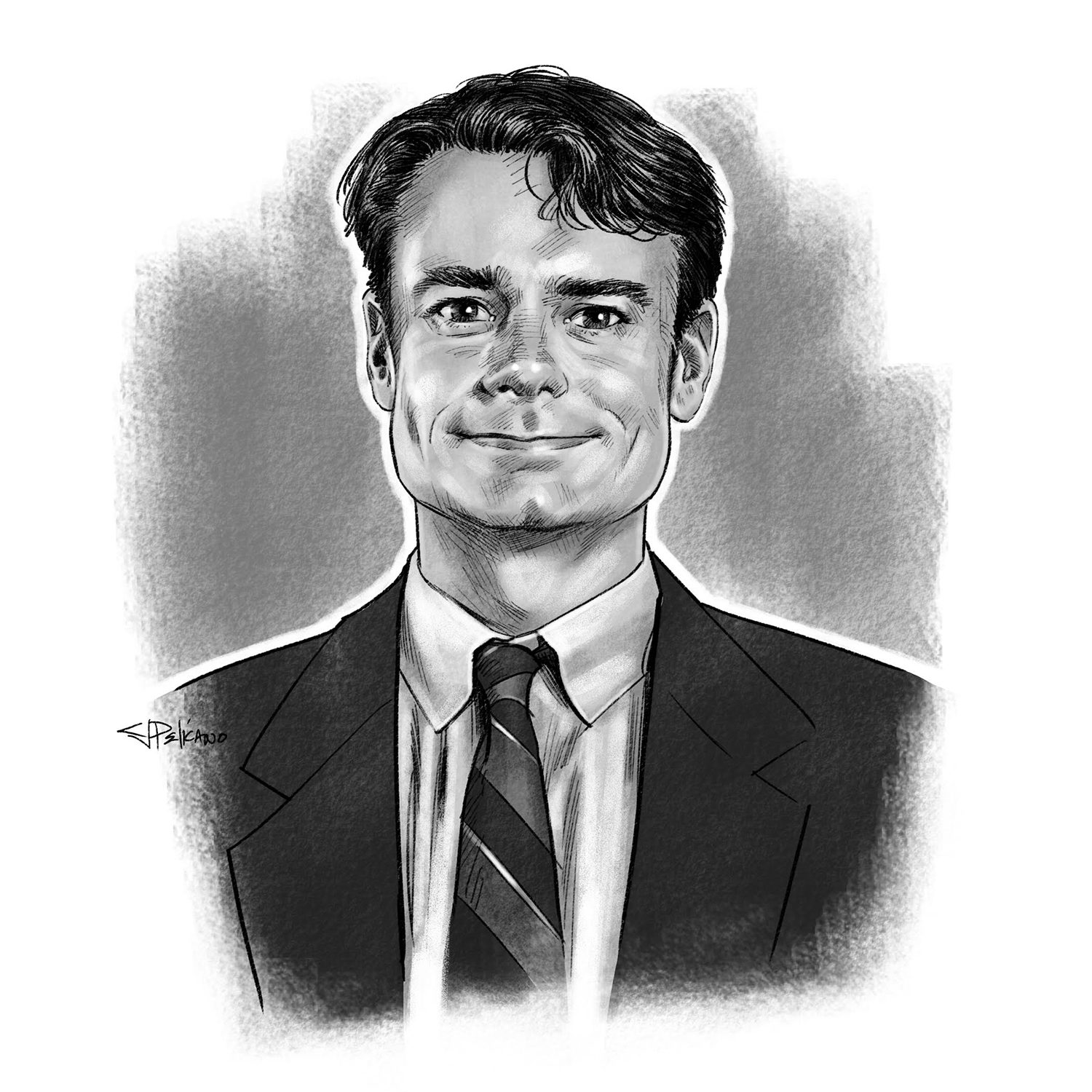
William C. Mattison III, Ph.D.
Dr. Mattison completed his doctoral studies at the University of Notre Dame. He has taught at Notre Dame, Mount St. Mary's University, and Catholic University of America. He returned to Notre Dame in 2016 with a joint appointment as Wilsey Family Associate Professor in the Department of Theology as well as Senior Advisor for Theological Formation in the Alliance for Catholic Education, where he helps prepare Catholic school teachers.
Besides having served in leadership roles in the Ethics and Catholic Theology Group and Moral Theology Groups at the Society of Christian Ethics and Catholic Theological Society of America, respectively, Dr. Mattison co-founded and served as Executive Director of the annual New Wine, New Wineskins symposium for pre-tenure Catholic moral theologians.




